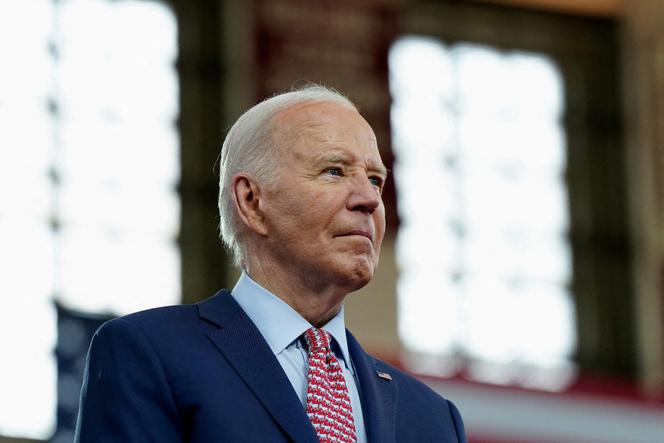


As serious as it was unexpected, Joe Biden's speech on the subject of Gaza on Friday, May 31, marked a shift in the American administration's position on this crisis. It also reflected a certain impatience, a form of nervousness even, given how much the war waged by Israel over the past eight months has become a trap for the White House. "It's time for this war to end and for the day after to begin," said the American president, stressing that "Hamas no longer is capable of carrying out another October 7," referring to the attack carried out on Israeli soil. Biden decided to push all parties concerned to face up to their responsibilities, by presenting a new Israeli proposal. At four and a half pages long, it was transmitted to Hamas on Thursday evening, who deemed it "positive."
This "roadmap to an enduring ceasefire," curiously announced by Washington, as if to force Israeli Prime Minister Benjamin Netanyahu's hand, builds off a three-phase plan that had been negotiated for months. "It is virtually identical to Hamas's own proposals from just a few weeks ago," noted a senior US official, hoping that the armed Islamist movement would accept it.
The first phase provides for a six-week provisional ceasefire, releasing the most vulnerable hostages held in Gaza in exchange for freeing hundreds of Palestinian prisoners in Israel, and a massive influx of humanitarian aid. In exchange, the Israeli army would withdraw from "densely populated areas" of the territory, where refugees could return to.
In the second phase, the details of which are intended to be negotiated during the first, soldiers held by Hamas would be released and Israeli forces would withdraw completely from the Gaza Strip, enabling "the cessation of hostilities permanently." However, this prospect has so far been rejected by the entire Israeli government. Phase three, which would entail a major reconstruction plan for Gaza over three to five years, therefore seems to be a very distant and uncertain matter.
Biden said that he was aware of opposition to the plan from within the Israeli right. "They've made it clear: They want to occupy Gaza, they want to keep fighting for years, and the hostages are not a priority to them." The president warned against "indefinite war in pursuit of an unidentified notion of 'total victory'." For him, Israel would have everything to gain from the continuation of the plan, with the eventual possibility of becoming part of a "regional security network to counter the threat posed by Iran."
You have 76% of this article left to read. The rest is for subscribers only.
